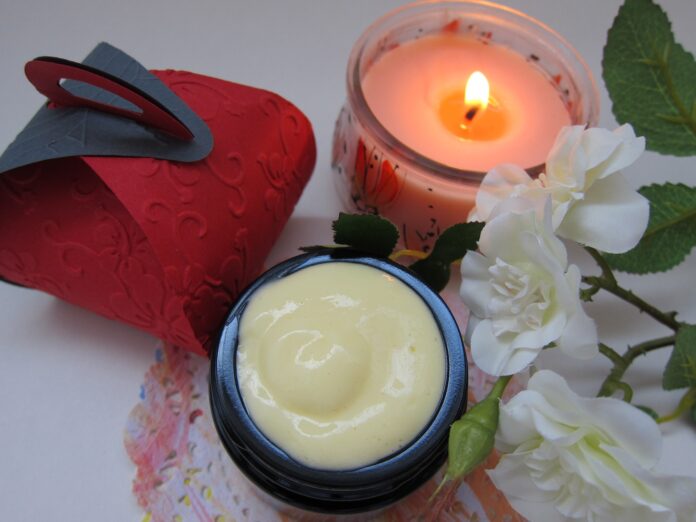At first, I’d thought that they were bug bites. But the dozen-or-so itchy red lesions that had materialized amidst my post-procrastination homework breakdown coated only a small patch of skin, and were multiplying by the minute.
A quick internet search matched my symptoms with those of hives – a perplexing diagnosis since I have zero known allergies. The confusion only exacerbated my frazzled nerves. By the time I learned that hives are often the result of excessive stress, they covered my entire left arm.
Before concerned readership inundates my inbox with Buzzfeed listicles on how to be kinder to myself, understand that mug-brownies and GIFs from “The Office” are a shallow response to anxiety capable of causing an autoimmune response.
“Self care” now seems ubiquitous with Lush-brand cosmetics and coloring books marketed to adults. One has to ask: how many cups of herbal tea will finally make us happy? At what point will that facemask break a five-year cycle of constant crying? Is the kind of “self-care” which we’ve been marketed an effective way to medicate an otherwise-poor lifestyle?
There seem to be two leading forms of “self-care”: indulgent (“treat yo self”) and avoidant (watching Netflix all day and sidelining priorities). While certainly soothing, neither actually mitigates sources of stress so much as they prepare you for another round of the same abuse. The truth is, self-care culture often soothes the symptoms of an ailing society without meaningfully addressing their causes.
Most stress that college students face is, with a handful of exceptions, performance-based. We are under enormous pressure to aggregate a high GPA, to assemble an impressive-looking resume of activities and internships, to accumulate a roster of colleagues with who to network. Productivity of professional development is the guiding principle of economic success in a competitive economy, so says all conventional wisdom. So says capitalism, that’s all that matters anyway.
In a world where our self-worth is based on how successfully we can monetize everything that we can do, it’s no wonder we’re all descending into madness. And while “carving out time for happiness” is as valid a self-care strategy as it is widely-extolled, it’s just contradictory to an unchallenged social standard that views hobbies and friends as footnotes.
As long as American lifestyles are centered around the expectation of output rather than personal fulfillment, no amount of “self-care” will sufficiently remedy long-term stress.
Ditch the dogma that success is a synonym for fulfillment. Refuse to be exploited for material profit. Of course you should continue to try to do well in class and to pursue goals important to you – but know your limits. Genuine self-care is more than maintaining a healthy work-life balance; it’s actively choosing to prioritize life over work, and understanding that doing so sacrifices nothing so long as the bills get paid and commitments stay kept.
Society demands a shift, and I believe that our generation will see to its reckoning.
As for myself, I’m still working on un-clenching my butt. Capitalism’s worst convictions, billed as neutral since childhood, are difficult to unlearn. But coping is not the same as healing. And I owe it to myself to heal.
For questions/comments about this story, email news@thewhitonline.com or tweet @TheWhitOnline.






